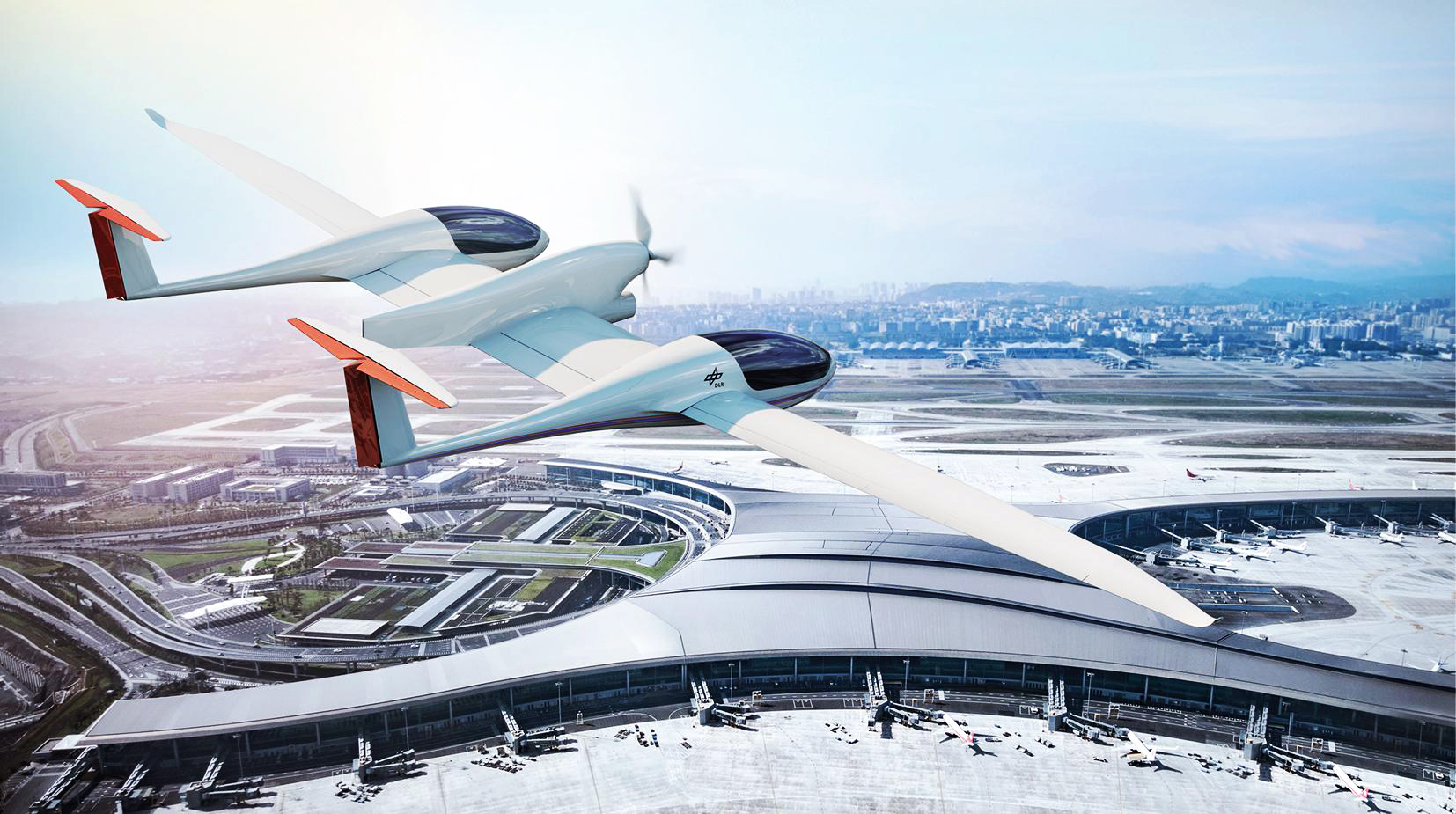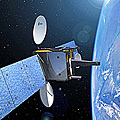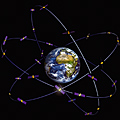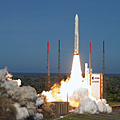DLR - Helmholtz / Deutsches Zentrum für Luft- und Raumfahrt

German Space Agency at DLR
We, the German Space Agency, undertake statutory tasks in the space sector on behalf of the German Federal Government. Under the "Raumfahrtaufgabenübertragungsgesetz" and within the scope of the tasks effectively assigned to us, we implement the space strategy of the Federal Government, develop and manage the national space programme, and represent the interests of the Federal Republic of Germany in space-related international bodies in accordance with the tasks assigned to us. We advise the Federal Government and develop initiatives and strategic approaches for space policy. All of our activities are based on the guidelines laid down by the Federal Government in its space strategy.
With our missions and projects, we strengthen Germany’s scientific excellence and expand the technological expertise and global competitiveness of German industry. Promoting the commercialisation of space technologies, the innovation potential of German SMEs and technology transfer are essential tasks of our industrial policy mandate. Space technologies and applications are intended to benefit people on Earth and improve the quality of life in Germany, Europe and the rest of the world.
Our space missions make a significant contribution tosolving global and societal challenges. Examples include providing information on climate change and climate protection, the further development of digitalisation and communications technologies, and contributions to national security.We make the results of our missions and projects publicly available. We inform the public about new scientific findings and promote awareness of the relevance of space for everyday life. Last but not least, we strive to spark interest and enthusiasm among young people for the natural sciences in general and space in particular.
Programmes and missions
In its work, DLR Space Administration concentrates on a number of eminent projects and missions in space research. In consultation with science, industry, and the European Space Agency (ESA) it implements key national and international projects covering all core areas of space research.
Programmes and missions encompass eight core areas:
 | Earth ObservationRemote-sensing satellites provide researchers with information about the condition of the Earth system and any variations in it. Precise maps and models of the development of our climate and environmental conditions can only be generated with these data. They also provide the basis for modern weather forecasts and support the management of crises and disasters. |
|
 | Satellite CommunicationSatellite television, multimedia, the internet - telecommunication satellites are capable of transmitting large volumes of data swiftly across the globe. The "information age" requirements make this technology increasingly important. In the telecommunication sector, classical high-frequency systems are being upgraded and new technologies developed, creating opportunities for industry and research. |
|
 | Navigation Satellite navigation permits highly accurate positioning. It is essential for innovative applications in transport, surveying, agriculture, and elsewhere. Many of these have great economic potential. At present, the focus is on building Europe's autonomous navigation system, Galileo. |
|
 | Space ScienceSpace probes criss-cross our Solar System searching for traces of water and life. From their journeys, they send us fascinating images of planets, stars, and faraway galaxies. What is more, they are equipped to collect and evaluate material samples and transmit the resulting data to Earth, thus assisting researchers in decoding the secrets of the universe. |
|
 | Research and ExplorationConditions in space are entirely different from those on Earth. Experiments in physics, medicine, and biology are being conducted to explore the effects of weightlessness on man and matter. This happens on parabolic flights, in the drop tower, on board spacecraft, and on the International Space Station (ISS). |
|
 | LaunchersSpace can be systematically explored and exploited only if dependable access to it is available at any time. For almost thirty years now, the Ariane launcher system has been performing this service for Europe. Next to Germany's industry, it is DLR that has been prominently responsible for the enduring success of the European launcher programmes. |
|
 | Human Spaceflight and ISSThe International Space Station (ISS) is mankind's biggest technical and scientific project so far. Germany is the most important European partner for the only permanently accessible platform for research and technology verification in space. The DLR Space Administration has been involved in its construction, operation and exploitation. |
|
 | Robotics, Digitalisation and AIRobotic systems are supposed to support astronauts in performing their routine duties in space and substitute them at least partially in their risky extravehicular activities. In this field, DLR specialises in the development of arm and hand elements. Further activities include automation, the development of solar cells and solar generators, as well as electric power systems. |
|
